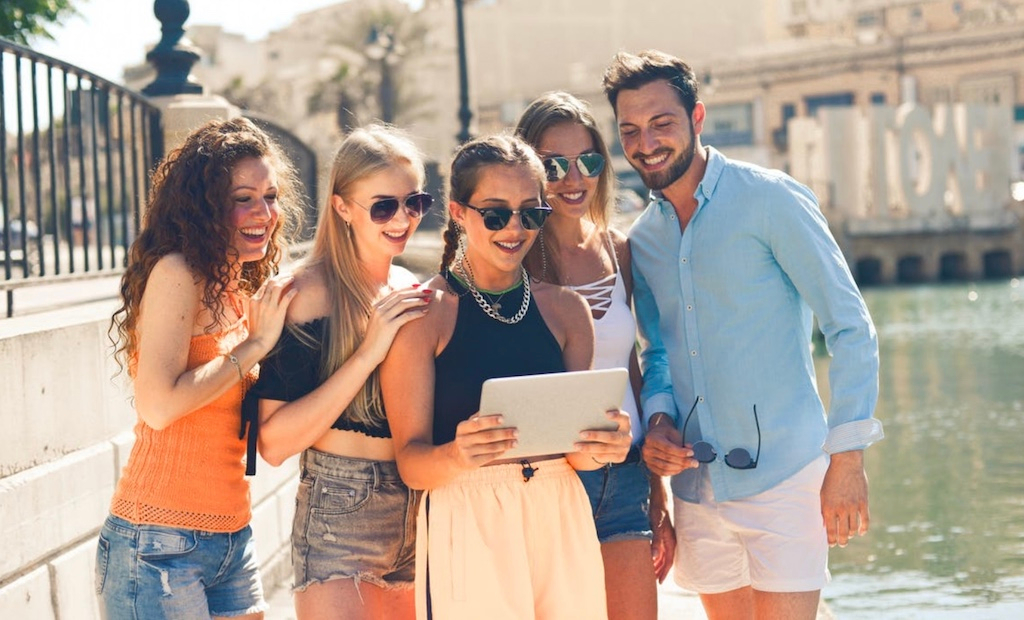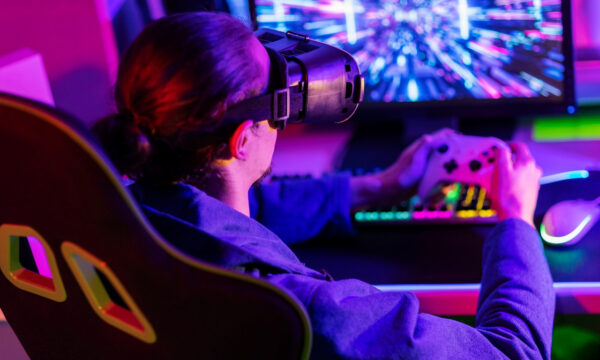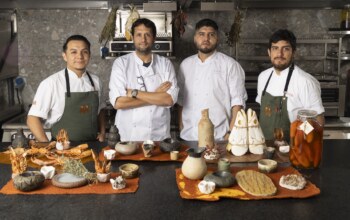How technology is transforming the way we see the world

The rapid evolution of technology has reshaped nearly every aspect of our lives, including how we experience and interpret the world around us. From instant communication across continents to immersive virtual tours of distant destinations, technology is changing not only what we see, but how we understand and interact with it. This transformation affects travel, education, culture, and even our sense of global connection.
Breaking down geographical barriers
In the past, exploring new cultures or faraway landscapes required long journeys and significant resources. Today, digital tools and innovations are removing many of these barriers. High-resolution imagery, live-streaming capabilities, and interactive maps allow us to experience locations in real-time from our own homes. These technologies foster curiosity and expand our worldview, making the world feel smaller, yet more connected than ever before.
Enhancing real-world experiences
While technology can bring the world to our screens, it also enriches real-world experiences. Augmented reality (AR) and virtual reality (VR) allow travellers to preview destinations before setting foot on a plane, offering an informed perspective that helps shape itineraries. On the ground, mobile translation apps and GPS navigation enhance confidence in exploring unfamiliar places, creating smoother and more meaningful travel experiences. Companies such as Kuoda Travel integrate these advancements into personalised journeys, helping travellers uncover destinations with deeper cultural understanding.
Expanding educational horizons
The influence of technology extends far beyond tourism; it plays a vital role in education and cultural exchange. Virtual classrooms, online courses, and 3D simulations allow students to study global history, environmental science, and world cultures in engaging and interactive ways. A student can examine ancient ruins through a virtual model or take part in live discussions with peers on another continent. This global classroom model encourages empathy, awareness, and a more nuanced understanding of diverse perspectives.
Shaping cultural perception through media
Media platforms are powerful in shaping how we see the world. Social media, in particular, offers instant access to firsthand accounts, images, and videos from around the globe. This democratisation of content allows individuals to share authentic experiences without relying solely on traditional news outlets. While this opens the door to more voices and viewpoints, it also challenges us to critically evaluate information and remain aware of biases in digital storytelling.
Bridging language and communication gaps
Language has long been a barrier to cultural connection, but technology is steadily dismantling that obstacle. Real-time translation tools, voice recognition software, and AI-powered interpreters now make it possible for people from different linguistic backgrounds to communicate effortlessly. These advancements encourage richer interactions and open the door to experiences that might have previously been hindered by communication challenges.
Encouraging sustainable exploration
Technology is also influencing how we think about the environmental impact of travel and exploration. From apps that track carbon footprints to digital tools that suggest eco-friendly transportation options, innovation is driving greater awareness of sustainability. Virtual tourism is even emerging as a way to reduce environmental strain while still allowing people to experience the beauty and history of the planet.
A new lens on the world
Ultimately, technology has given us a new lens through which to see the world, one that is clearer, more interconnected, and more dynamic. It has the power to ignite curiosity, foster understanding, and create bonds between people and places that transcend borders. Whether it’s standing virtually atop a mountain halfway across the globe or engaging in face-to-face conversations with someone thousands of miles away, technology has made it possible to experience the richness of our planet in ways that past generations could never have imagined.
The editorial unit

























Facebook
Twitter
Instagram
YouTube
RSS